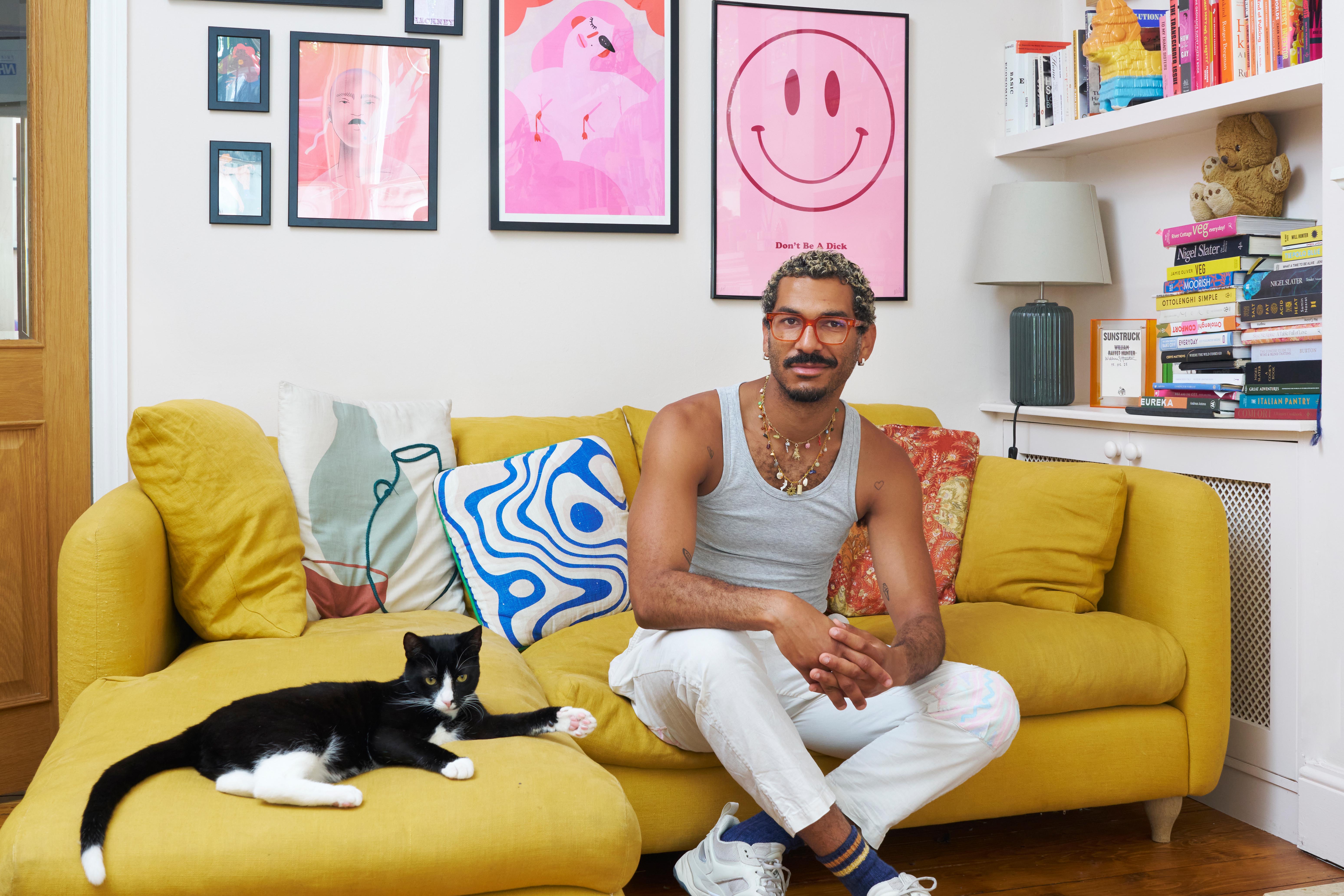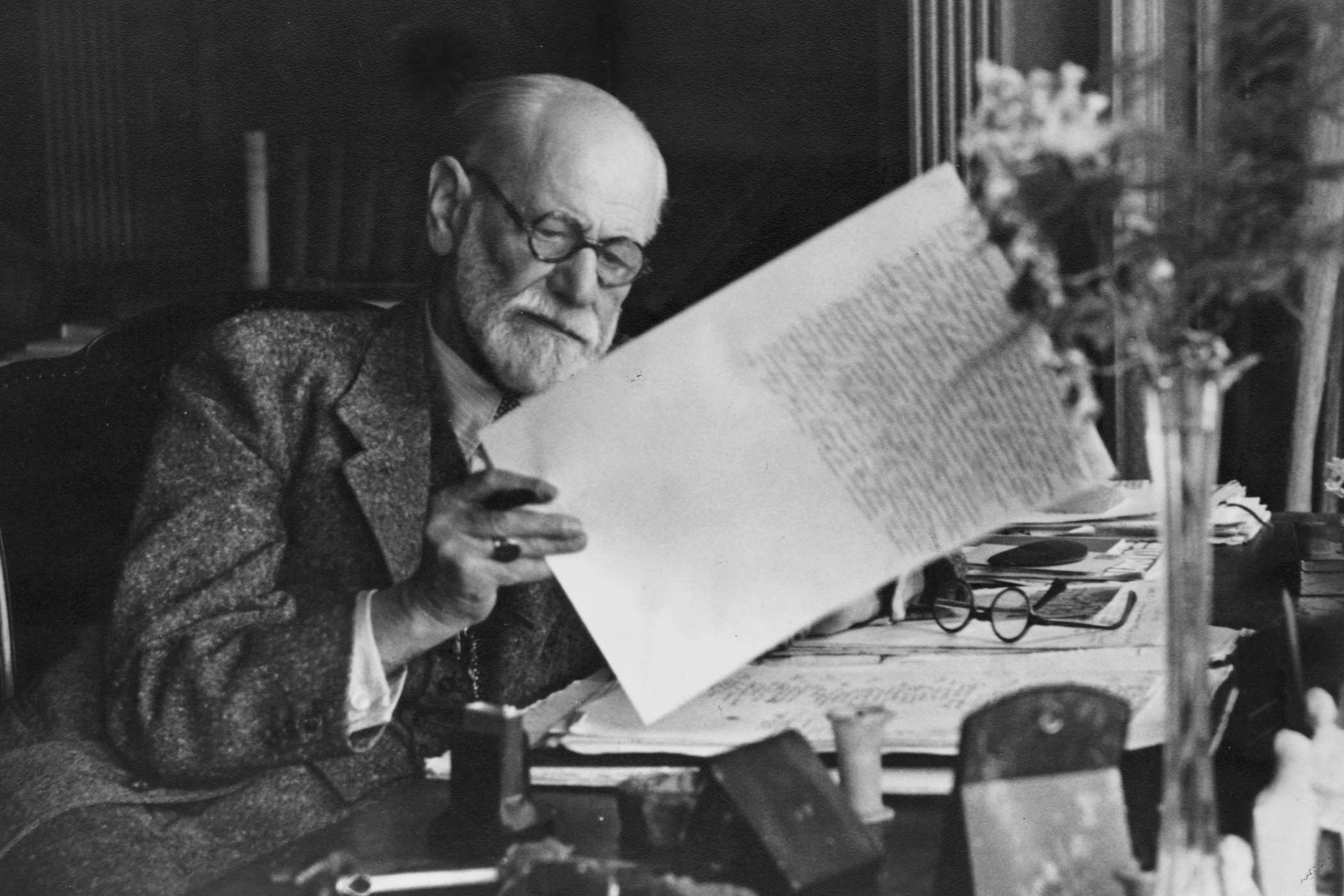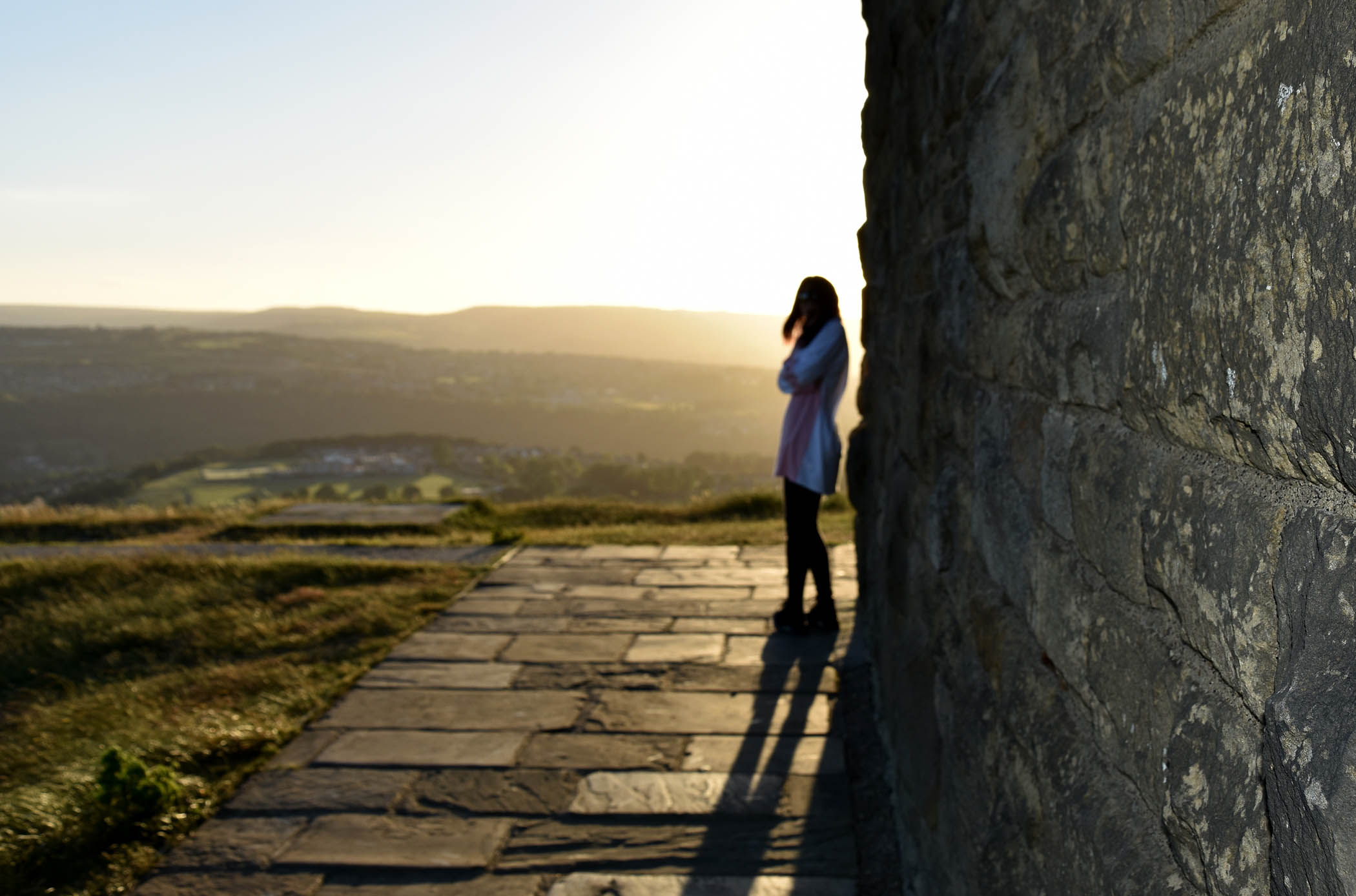Photography by Suki Dhanda
In the summer of 2009, I sat in the audience of a Britain’s Got Talent semi-final recording, one of many anonymous faces in a sea of dry ice, cheap lights and forced whooping. My mum had won three tickets at a school raffle. At the time, I was neither politically nor personally out; I was not yet able to name myself, though the naming pressed silently from within. I was 15. I believed I was good at being invisible, at shrinking out of attention. But as we made our way across London to the studio, I remember thinking, “Is it a bit gay of me to go and see Britain’s Got Talent?” I was seasoned at this kind of self-censorship, unable to enjoy things without triple-guessing the outward appearance of my own desire. Mantric thoughts helped me fly under the keenly honed gaydars of my peers: don’t flinch, don’t feel, don’t look at anyone’s thighs in the changing room. Despite this, I was excited. I’d never been in a TV studio before. The counterintuitive drabness of the lot, the immediately apparent falsity of everything, the marshalling of our applause – it felt like being let in on a secret.
The audience warm-up was a middle-aged man with the slightly melancholic glamour of an ageing lion tamer. His smile was so quick to fade when the audience’s attention wasn’t on him that I felt an almost unbearable sympathy for the sad bloke being paid to make us seem as if we were enjoying ourselves. Then the lights went down and three men dressed in pleather hot pants descended from the ceiling.
They were called the Dream Bears. I didn’t yet have the language for what they were, or what they would become for me. All I knew was that they were everything I had never been shown: queer, large, confident – expansive in their physicality, sexuality and joy. They were hairy, soft, abundant. The kind of men the world refused to call beautiful – and yet they moved as if they knew they were. Before now, I had not seen this kind of beauty. Rural Cheshire in the early 2000s wasn’t exactly a melting pot of bodily expression. Beauty there was as slim, neat and manicured as the lawns and parks where I quietly bummed cigarettes.
The Dream Bears flipped, sashayed and can-canned through the entirety of It’s Raining Men, bursting forth, off the stage and into my imagination, stirring up a dank, unsummoned feeling: recognition, almost grief. Something long repressed. I was not supposed to like this, but I did. The audience laughed. It wasn’t cruel, exactly, but it was distancing. It turned the Dream Bears into an act, not a revelation. Still, I felt something I didn’t know how to hold: not exactly arousal, not exactly identification, but recognition. They were camp, yes, but not the neutered, polished camp of Saturday night TV.
I felt something I didn’t know how to hold: not exactly arousal, not exactly identification, but recognition
I felt something I didn’t know how to hold: not exactly arousal, not exactly identification, but recognition
That night marked a subtle, unspoken shift. There had been other hints before – a friend’s older brother, the secret music videos I watched on low volume. I used to stage-manage these moments, not repression exactly, but a deliberate unknowing. I view my adolescence now as a site of latency. My sexuality was something sensed but never truly allowed the language that would have given it solid form. But this was different. This wasn’t private fantasy. It was a public broadcast. It was national. It was queer, fat bodies, on prime-time TV. It lasted less than three minutes, but rearranged something in me.
The Dream Bears violated the accepted scripts. They weren’t apologetic. They weren’t “hot” in the lean, acceptable, airbrushed way of the time. Their eroticism was unrefined. Their fatness, their gayness, were both played for laughs. And though the audience tittered and sometimes roared, though the three men laughed along, making quips of their own, the joke landed on them from the outside. Theirs was a humour born of survival, not self‐deprecation. They offered a vision of queer masculinity ungoverned by expectation.
In the taxonomy of queerness, “bear” is one of those terms that starts as subculture and becomes semiotics. A bear is large – usually, but not always, fat. He is hairy, thick, sexually confident and often over 40. Culturally, he resists the long-polished image of the desirable gay man: the sleek, hairless, muscle-trimmed Adonis. The bear is too much – too masculine, too furry, too plain-spoken. He reads not as pretence but as presence. The bear is both father and fantasy. He is not soft in the way the media expects queerness to be. He is not necessarily “fabulous.” He is not traditionally “fit.” But there is something about his body – solid, assured, sensual – that offers a very specific form of safety.
Years later, I found myself in bed with a man who looked not unlike one of the Dream Bears. I’d been out with friends at a pub when he padded over and asked me first to dance, then to kiss him and finally to go back to his. However my “type” could be described in the fluctuant stages of early exploration, he did not seem to fit it. He was older than me, stocky, bearded, with hair in places I’d been taught to shame. And yet here we were, face-to-face in his living room with the quiet lights of the city stretching out beneath us. He laughed with his whole body. He undressed slowly. Not performatively. Just... unbothered. And something in me flinched. Not from him, but from myself. Desire is a strange teacher. I had spent so long craving safety – from rejection, from humiliation, from my own unruly longing – that I hadn’t realised how narrow my ideas of attraction had become. I had thought I wanted softness, but I had also internalised polish. My imagination had been shaped by bodies that were lean, clean and trimmed. But this man wasn’t trying to be beautiful in that way. He wasn’t trying to be anything other than fully there.
I thought about the Dream Bears. How I’d laughed with the audience, trying to contain the heat rising in me. How I’d convinced myself that it was just funny – not moving, not arousing. The stirring of desire, of recognition of the self in an outcast other. These bears didn’t know their place. Or rather, refused to have one assigned to them. The truth is, I had felt something then. And I was feeling it again. That warm, disorienting mix of comfort and want. Recognition, of them, and of myself
Newsletters
Choose the newsletters you want to receive
View more
For information about how The Observer protects your data, read our Privacy Policy
After we had done the things twinks and bears do together after leaving bars, he held me, made tea and paid for my taxi home. I took his number, but never called. Fearful at the tenderness he had shown me, I fell back into a distrust of my own hungers. I didn’t grow up seeing men like that being loved, let alone desired. Gay men in the media, especially in the early 2000s, were a pageant of eunuchs and clowns. Those I saw on TV were witty, stylish and sexless, existing to serve punchlines, or straight women. Their queerness had to be funny and non-threatening. They couldn’t be thick with sweat or longing. They couldn’t take up space.
Gay men in the media in the early 2000s existed to serve punchlines. They couldn’t be thick with sweat or longing
Gay men in the media in the early 2000s existed to serve punchlines. They couldn’t be thick with sweat or longing
After the show finished, my mum and I were whisked backstage. I got to meet the semi-finalists, the judges, assorted C-listers who had been invited along. On the internet there are, I believe, some unflattering photos of me standing awkwardly between Piers Morgan and Amanda Holden. Out of the corner of my eye, I caught a glimpse of something: a hairy shoulder, strip-lighting reflecting off polyester. The Dream Bears, in all their sweaty glory. I wanted to know them, to become more of myself simply by being in proximity to these men. I did not allow myself that small joy, fearing the implied revelation.
The Dream Bears did not win. I was not able to fully digest what happened. But looking back, I see it was a glimmer of something I couldn’t yet articulate: a longing for a future where bodies like theirs could exist, wanted not in spite of their queerness or fatness but within those things. Their presence, unrepentant and full, was a hint at queer utopia: where desire is not just about the present, but about the possibilities we’ve yet to name. To admit that beauty isn’t always smooth or symmetrical. That your own desire might be wilder, and kinder, than you’d been led to believe. I did not feel safe to come out for another five years, but for a brief moment in 2009, under the hot lamps of a TV studio in Wembley, this Goldilocks found those three bears just right.
William Rayfet Hunter is author of Sunstruck, published by Merky, £16.99. Order your copy at The Observer Shop


